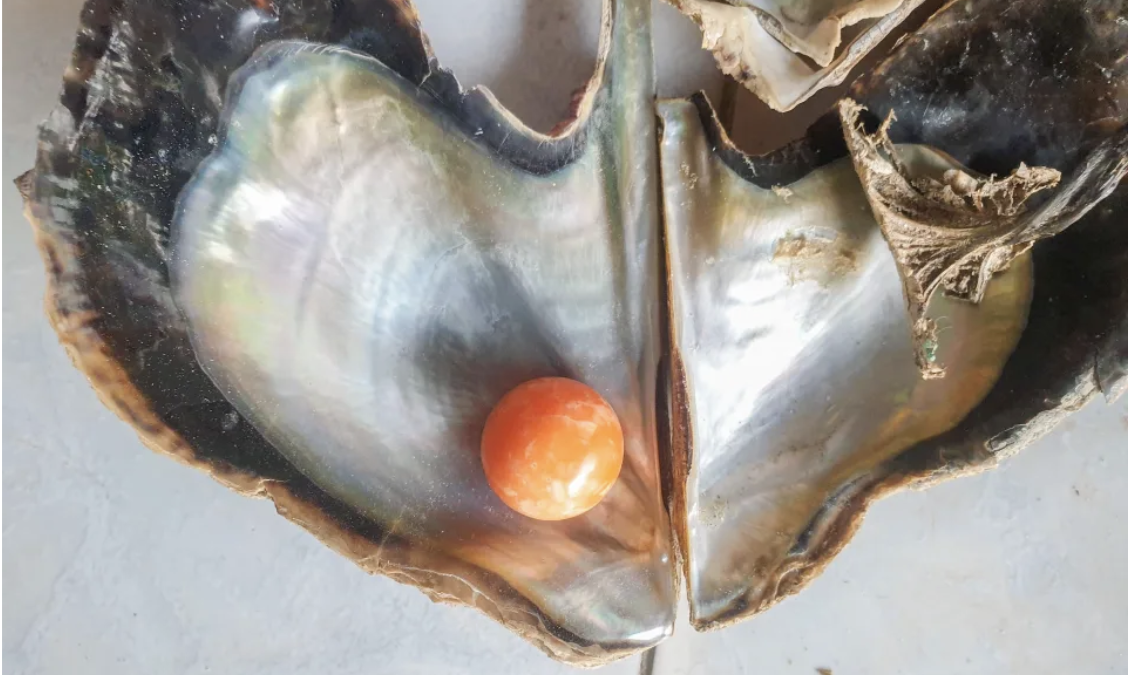
The Pure and Correct Deen
What is the pure and correct deen?
Surah Ar-Rum (30:30) states, “So set your face toward the religion, pure. The fitrah or nature of Allah upon which He natured (created the nature of) [all] people. No change in the creation of Allah. That is the correct religion, but most of the people do not know.” This verse suggests that human beings are created in accordance with a divine nature or fitrah, intrinsic to Allah swt and His own attributes. This concept may be associated with the Quranic account of Allah breathing His Ruh (spirit) into humans, as mentioned in Surah Al-Hijr (15:29).
Human beings are created from clay or dark mud, as stated in Surah Al-Hijr (15:26). But within us lies an element of divinity. This juxtaposition of seeds of the divine nature within a physical, earthly form can be seen as a metaphorical ‘covering’ of dirt over the divine spark. With this in mind we appreciate the story of Satan’s refusal to bow to Adam, as mentioned in the Quran, where Satan’s arrogance and disbelief highlight his disdain for this earthly form, failing to respect the divine element within. Satan said, ‘I will prove to you that most of them will not be grateful’ (Quran 7:17). Grateful for such a honor. Grateful for the absolute mercy Allah created man to bestow upon him.
The ingratitude of mankind, as mentioned in various Quranic verses, can be interpreted as a failure to appreciate this profound gift – the infusion of divine attributes orr fitra within the human form. This weak and vulnerable outer form, a slave to its carnal desires that distract it (Surah Al-Rum 30:29). The true essence of religion, or deen, is thus seen as an endeavor to connect with and manifest these divine attributes/the divine fitra, to recognize and nurture the light, power, generosity, mercy, gratitude, justice and so on, that are within the multitude of noble and divine names we are natured upon.
TAZKIYAH – PURIFICATION
The spiritual objective of aligning with the divine fitrah is achieved through Tazkiyah, or purification, as expounded upon in Surah Ash-Shams (91:9-10). Tazkiyah is integral to all facets of deen: Belief, Salah (prayer), Zakat (charity), Sawm (fasting), Infaq (spending of what we love in the way of Allah), Mufuna (Promise-keeping or faithfulness), Dhikr (remembrance of Allah), Istighfar (seeking forgiveness), and building Taqwa (God-consciousness) and Birr (righteousness). These practices aim to cleanse the ‘mud’ – the base, earthly aspects with their carnal desires, that cloud our intrinsic divine nature. It’s a process of refining the human soul –mirror– to better reflect the fitrah, the pristine, divine nature inherent in our creation.
Surah Ar-Rum (30:30) also mentions, “There is no alteration in the creation of Allah.” This can be understood to mean that the divine objective for humanity to uphold and adhere to the true and pure deen is an enduring mandate. So it has always been with mankind and so it will always be. We will never evolve out of it. Ethics is preprogramed in us internally. There’s no “times have changed” when it comes to nature of man or standards of right and wrong. Prophet Musa (as) was sent to “purify” Pharaoh as conveyed in Surah An-Nazi’at (79:18), “And say to him, ‘Would you [be willing to] purify yourself?'” Allah’s consistent practice, or sunnah, is described in Surah Fatir (35:43), “…and you will not find any change in the sunnah of Allah.” True deen has always been the purification of man made from mud to reflect the purity within. The divine essence within humans and our moral compass are constant, unaffected by time.
In light of this, we must remain humble with our blessings and considerate in our efforts to purify others. We should not boast about our possessions or achievements. Allah swt advises us in subsequent verses to maintain our prayers, avoid associating partners with Him (Surah Ar-Rum 30:31), and not to be like “those who have split up their religion and become sects, each faction rejoicing in what it has” (Surah Ar-Rum 30:32). Sectarianism is unequivocally prohibited in Islam.
Muslims are deemed the best ummah with the expectation that they advocate for good, prohibit evil, and believe in Allah (Surah Al-Imran 3:110). It is observed that others, such as Jehovah’s Witnesses, are proactive in their outreach; Muslims are urged to excel in such commendable actions (Surah Al-Maidah 5:48). While some may take pride in their adherence to the ways of the pious predecessors, others may focus more on understanding and practicing Tazkiyah and Tasawwuf, which emphasize the virtues of Birr especially infaq.
As we strive to practice our beliefs correctly, we should not exult in self-righteousness but rather, as instructed in Surah An-Nahl (16:125), “Invite to the way of your Lord with wisdom and good instruction, and argue with them in a way that is best. Indeed, your Lord is most knowing of who has strayed from His way, and He is most knowing of who is [rightly] guided.” You are certain your path is the best and most correct, but that’s exactly what the others in other paths equally believe. So respect others, be humble and continue to seek guidance as you purify yourself.
This is an understanding of Deen Hanifa and Deen Qayimu: The Pure Deen, the Correct and Upright Deen (Surah Ar-Rum 30:30).
RELATED VIDEO


